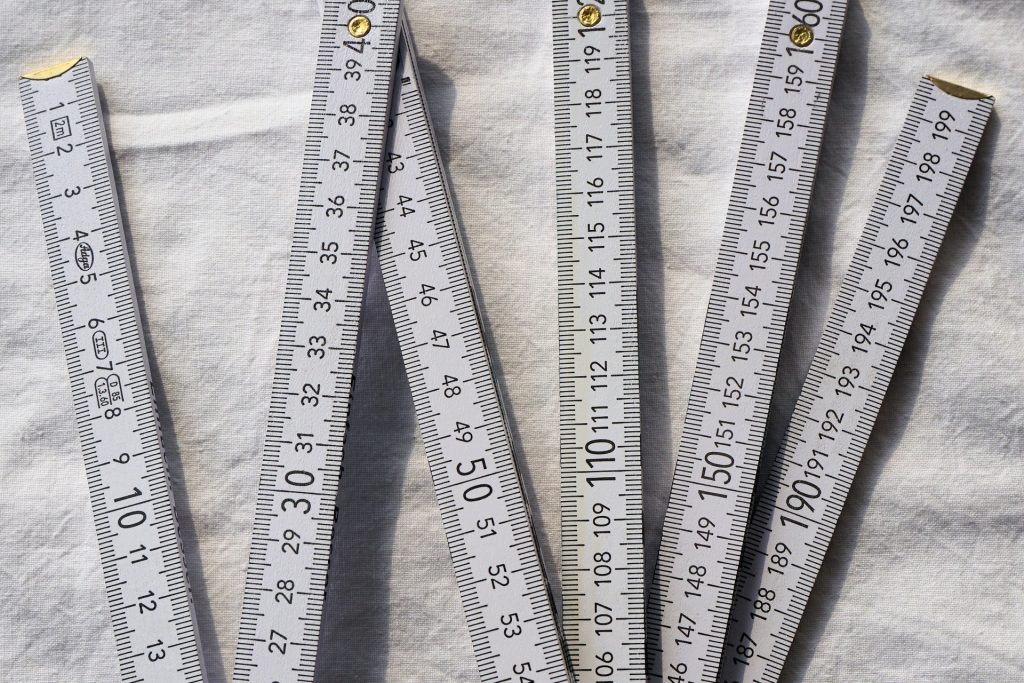
Economic thinking and the methods used in economics can be utilised in various situations. To quote a certain Professor of Economics, “The creative imagination of economists can be expected to find solutions to all measurement problems”. For example, “What is the value of life?” is a question for which an educated economist will offer a solution while waiting for their coffee to brew.
There are many research paradigms and areas of application in economics. There is environmental economics, urban economics, business economics, and labour economics, to mention a few. Not surprisingly, there is also health economics and pharmaceutical economics.
In health economics, the organisation and production of health services and incentives, as well as other issues that are essential for social reform, are studied. In pharmaceutical economics, areas of interest include the cost-effectiveness of pharmaceutical treatments, health-related quality of life, and the operation of the pharmaceutical market.
Continue reading
